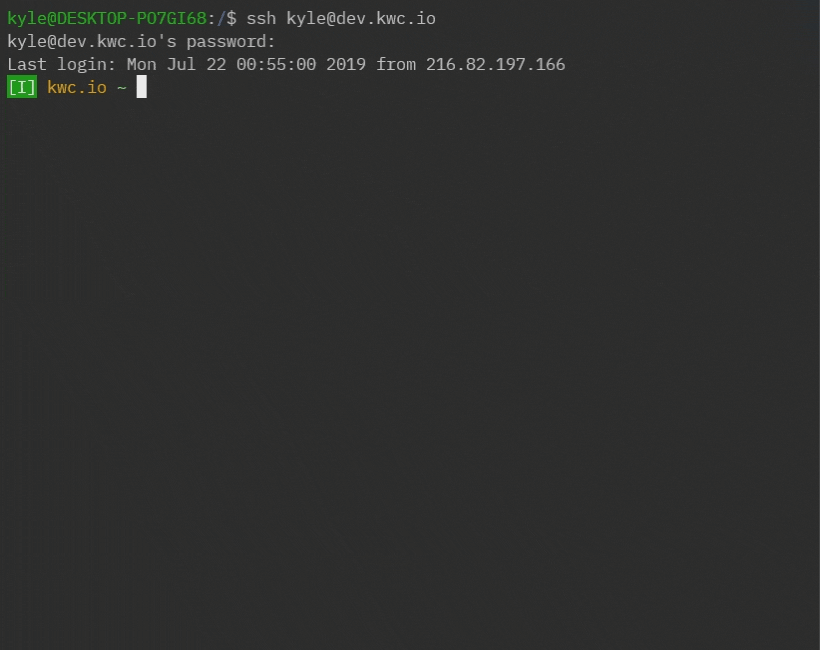This is mostly for development where VS Code might not have finished compiling yet.
code-server · 


code-server is VS Code running on a
remote server, accessible through the browser.
Try it out:
docker run -it -p 127.0.0.1:8080:8080 -v "$PWD:/home/coder/project" codercom/code-server
- Consistent environment: Code on your Chromebook, tablet, and laptop with a consistent dev environment. Develop more easily for Linux if you have a Windows or Mac and pick up where you left off when switching workstations.
- Server-powered: Take advantage of large cloud servers to speed up tests, compilations, downloads, and more. Preserve battery life when you're on the go since all intensive computation runs on your server.
VS Code
- See our VS Code readme for more information about how code-server and VS Code work together.
Getting Started
Requirements
- 64-bit host.
- At least 1GB of RAM.
- 2 cores or more are recommended (1 core works but not optimally).
- Secure connection over HTTPS or localhost (required for service workers and clipboard support).
- For Linux: GLIBC 2.17 or later and GLIBCXX 3.4.15 or later.
- Docker (for Docker versions of
code-server).
Run over SSH
Use sshcode for a simple setup.
Docker
See the Docker one-liner mentioned above. Dockerfile is at /Dockerfile.
Digital Ocean
Binaries
- Download a binary. (Linux and OS X supported. Windows coming soon)
- Unpack the downloaded file then run the binary.
- In your browser navigate to
localhost:8080.
- For self-hosting and other information see doc/quickstart.md.
- For hosting on cloud platforms see doc/deploy.md.
Build
yarn
yarn build
node build/out/entry.js # You can run the built JavaScript with Node.
yarn binary # Or you can package it into a binary.
If changes are made to the patch and you've built previously you must manually
reset VS Code then run yarn patch:apply.
Security
Authentication
By default code-server enables password authentication using a randomly
generated password. You can set the PASSWORD environment variable to use your
own instead or use --auth none to disable password authentication.
Do not expose code-server to the open internet without some form of
authentication.
Encrypting traffic with HTTPS
If you aren't doing SSL termination elsewhere you can directly give
code-server a certificate with code-server --cert followed by the path to
your certificate. Additionally, you can use certificate keys with --cert-key
followed by the path to your key. If you pass --cert without any path
code-server will generate a self-signed certificate.
If code-server has been passed a certificate it will also respond to HTTPS
requests and will redirect all HTTP requests to HTTPS. Otherwise it will respond
only to HTTP requests.
You can use Let's Encrypt to get an SSL certificate for free.
Do not expose code-server to the open internet without SSL, whether built-in
or through a proxy.
Future
- Stay up to date! Get notified about new releases of
code-server.
- Electron and Chrome OS applications to bridge the gap between local<->remote.
Telemetry
Use the --disable-telemetry flag to completely disable telemetry. We use the
data collected to improve code-server.
Contributing
Development
yarn
yarn watch # Visit http://localhost:8080 once completed.
If you run into issues about a different version of Node being used, try running
npm rebuild in the VS Code directory.
If changes are made to the patch and you've built previously you must manually
reset VS Code then run yarn patch:apply.
License
Enterprise
Visit our enterprise page for more information about our enterprise offering.
Commercialization
If you would like to commercialize code-server, please contact contact@coder.com.

